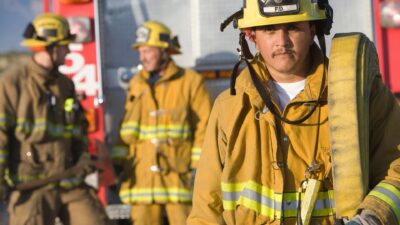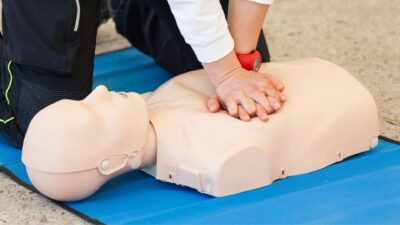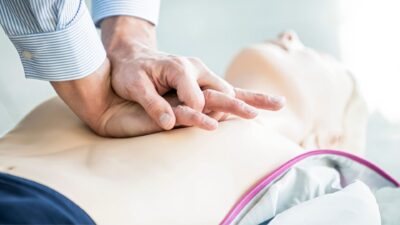
CPR Training for Personal Trainers In Salt Lake City
In the bustling fitness community of Salt Lake City, personal trainers play a pivotal role in guiding individuals towards healthier lifestyles. However, the dynamic nature of fitness routines often comes with unforeseen risks. This is where the importance of CPR training becomes undeniable. As a personal trainer, equipping yourself with life-saving skills is not just…
Read More







